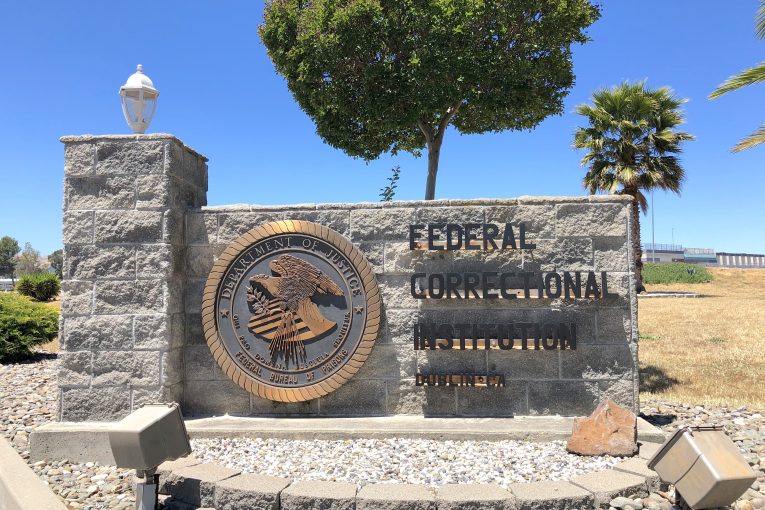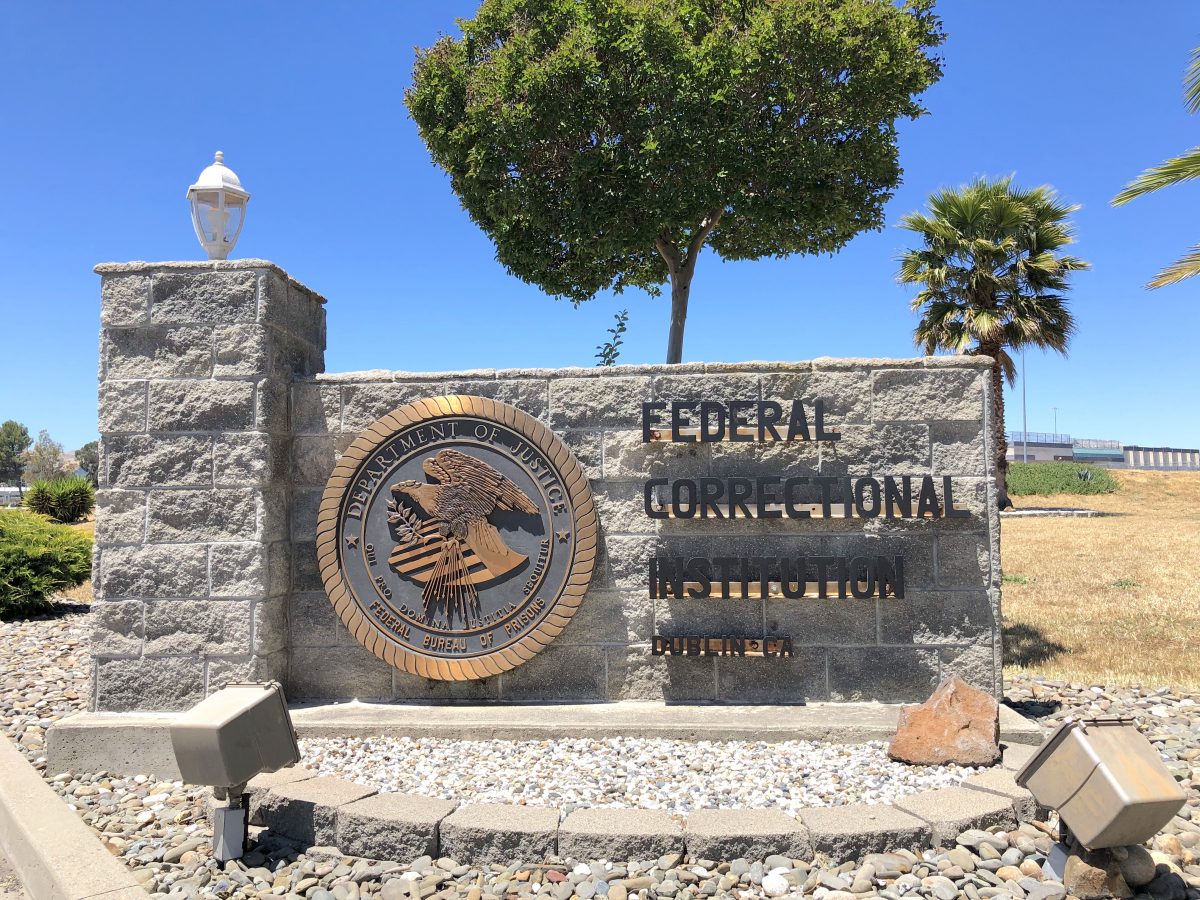

Via Wikimedia Commons
Special to the Vanguard
Oakland, CA – In a critical decision that condemns Federal Corrections Institute (FCI) Dublin as a “dysfunctional mess,” Federal Judge Yvonne Gonzalez Rogers ordered the unprecedented appointment of a special master to oversee the facility, where dozens of incarcerated people have survived sexual assault, rape, extreme retaliation, threats of deportation, medical neglect and a host of other forms of violence at the hands of Bureau of Prison officials for decades.
The order also grants plaintiffs’ motion for class certification, making every incarcerated person held at FCI Dublin—including anyone sent there from now on—part of the class. Judge Gonzalez Rogers made it clear that she considers there are still serious concerns with FCI Dublin, including ongoing sexual abuse, retaliation, and  inadequate medical and mental care.
inadequate medical and mental care.
The lawsuit was filed by survivors of sexual assault at FCI Dublin and the California Coalition for Women Prisoners (CCWP), who are represented by Rights Behind Bars (RBB), the California Collaborative for Immigrant Justice, and Rosen Bien Galvan & Grunfeld LLP (RBGG).
“We are encouraged that the court has taken the systemic issues at FCI Dublin seriously and ordered relief,” said Amaris Montes, attorney at Rights Behind Bars representing the plaintiffs, “There’s never been a facility like FCI Dublin, that’s why this first of its kind relief is necessary but only the first step to bringing justice for survivors. The only way to truly protect people is to bring them home.”
“This unprecedented decision on the need for oversight shows that courageous incarcerated people, community and dedicated lawyers can collectively challenge the impunity of the federal government and Bureau of Prisons,” said Emily Shapiro, a member of California Coalition for Women Prisoners. “We need to bring people home where they can heal, receive reliable healthcare, get away from the mold and asbestos in the prison, and be free from abusers.”
The order states that “without injunctive relief, plaintiffs will face ongoing retaliation, including internal transfer to the SHU or external transfer to an outside facility, for filing allegations of sexual abuse” and that staffing shortages mean that “plaintiffs risk imminent and serious medical injury, including lack of treatment for serious medical ailments, psychological distress, and risk of suicide,” and that “the situation can no longer be tolerated.”
The exact timeline for the appointment of the special master and the scope of their access and responsibilities is yet to be determined, but another hearing has been scheduled for March 27, 2024.
